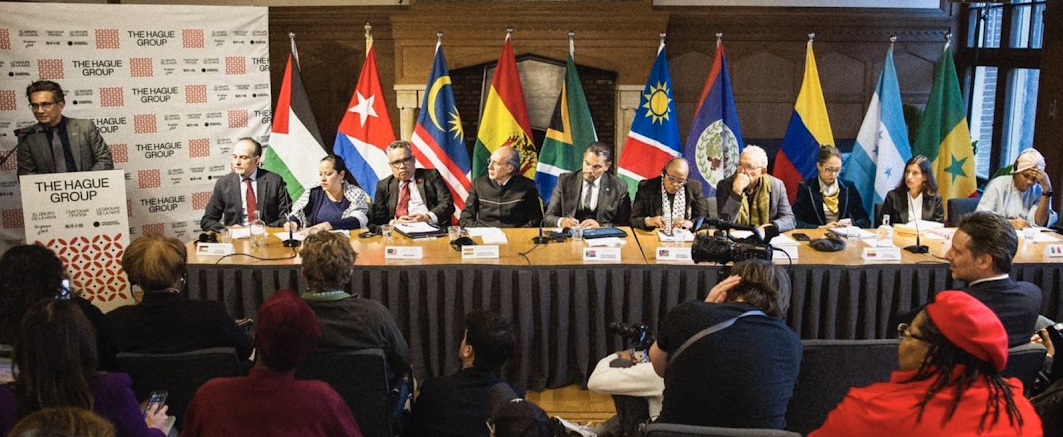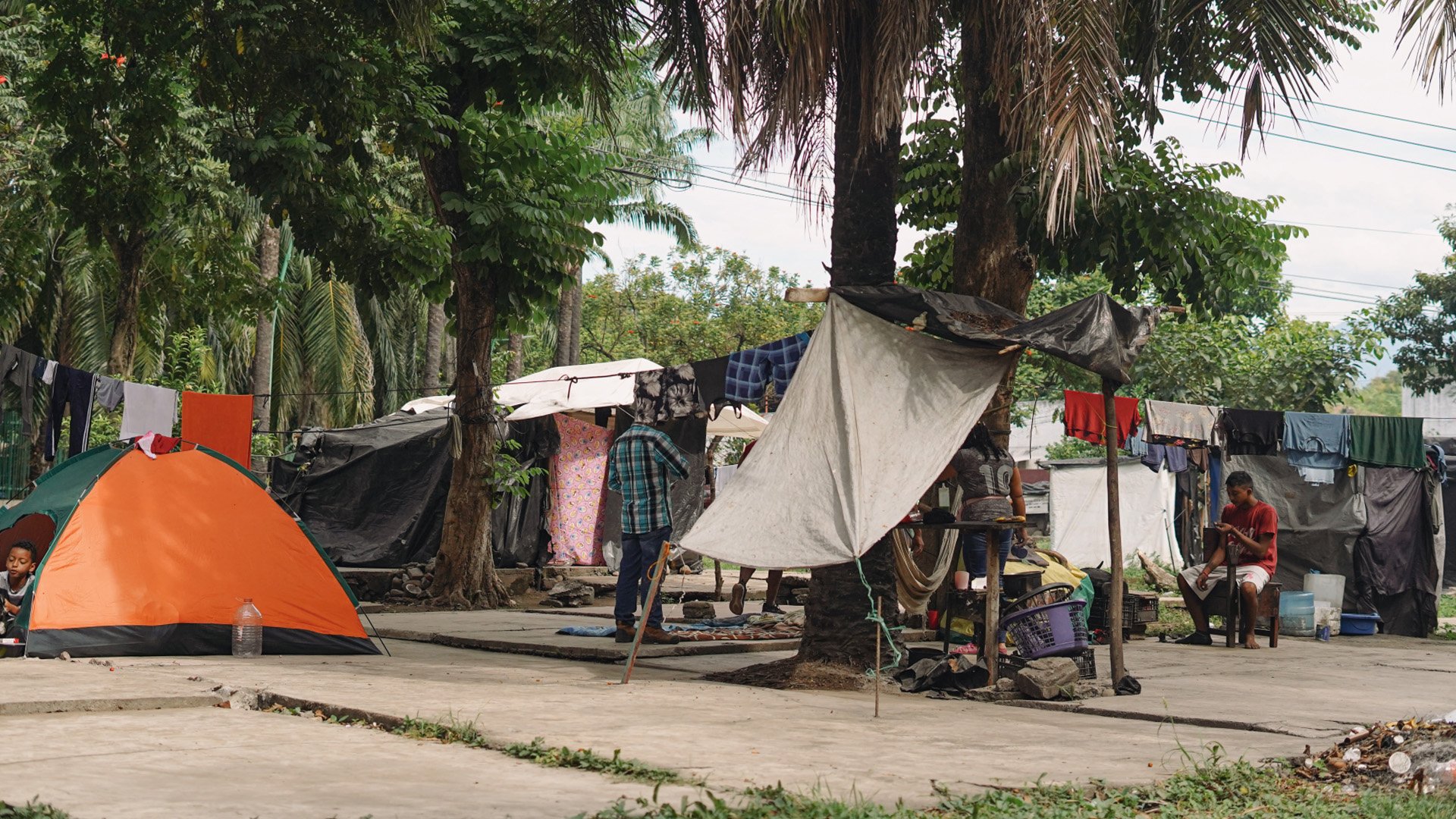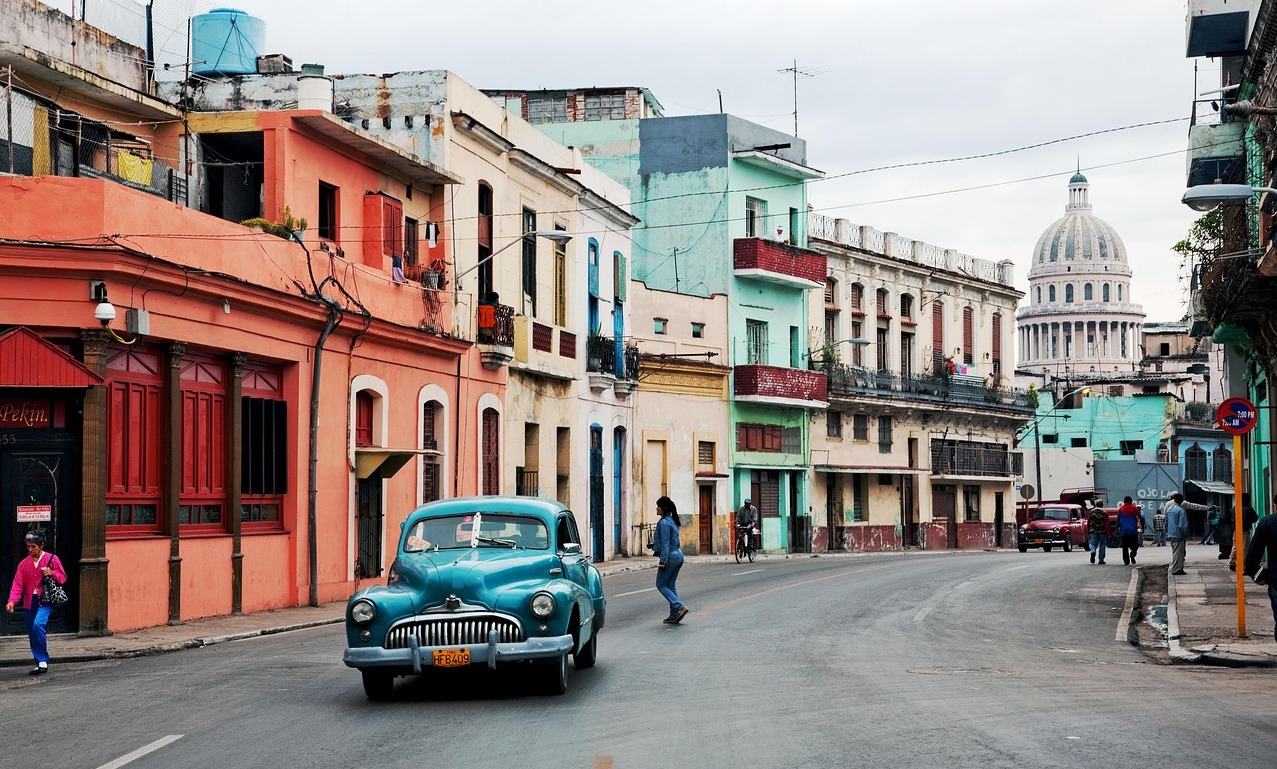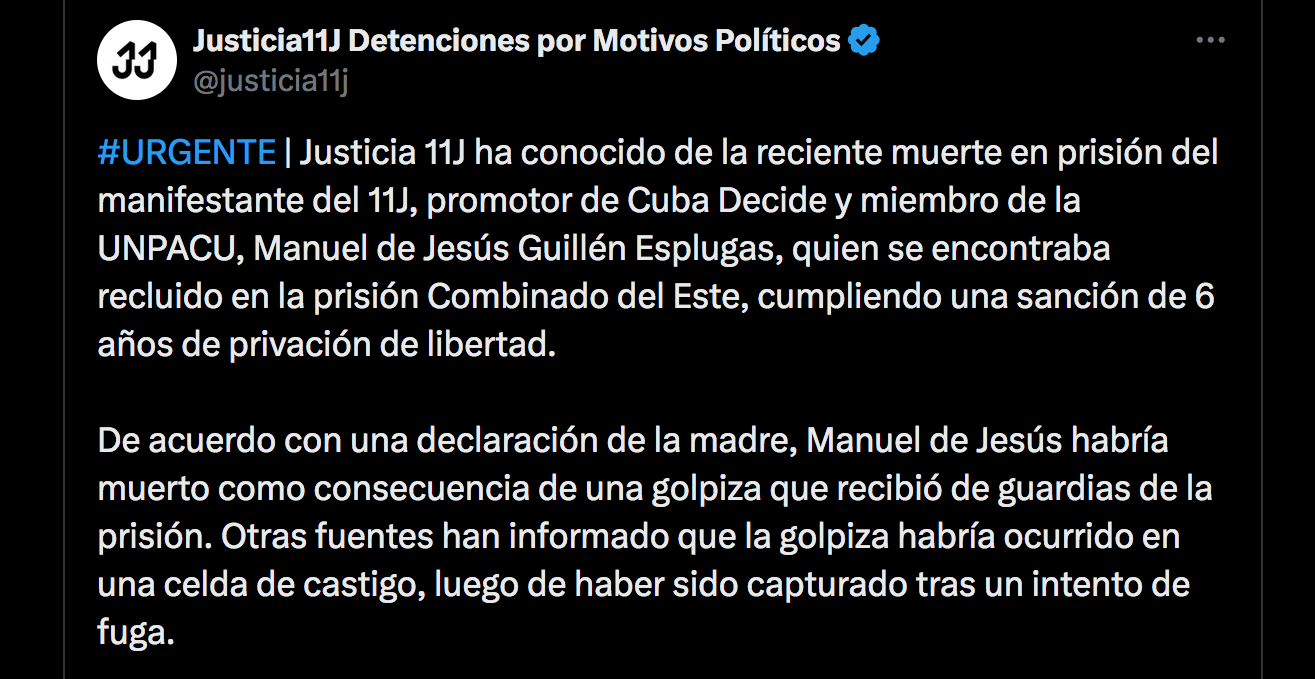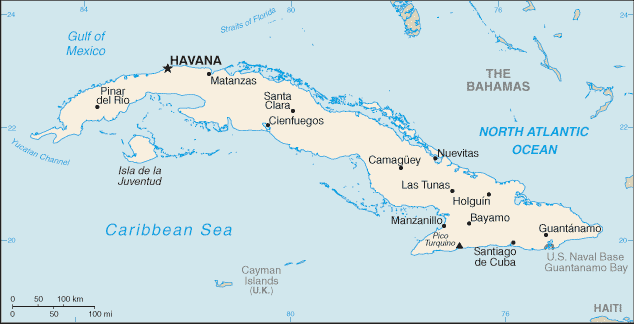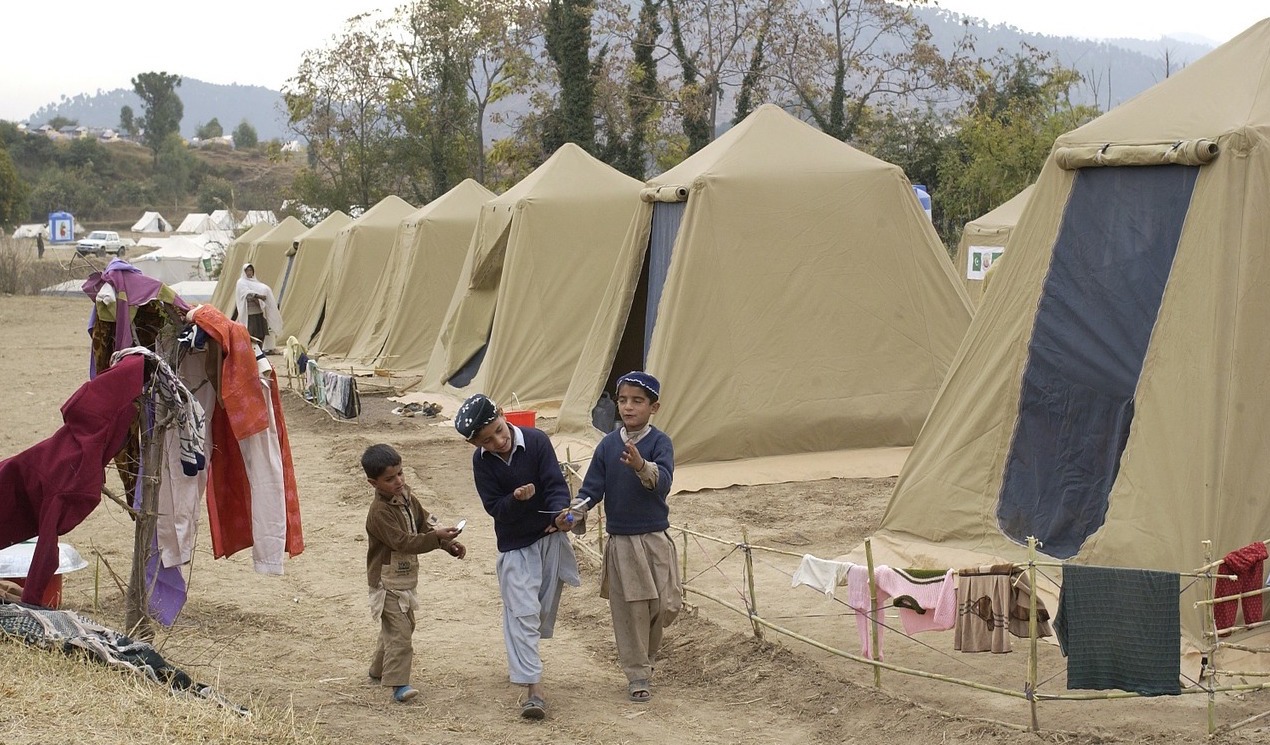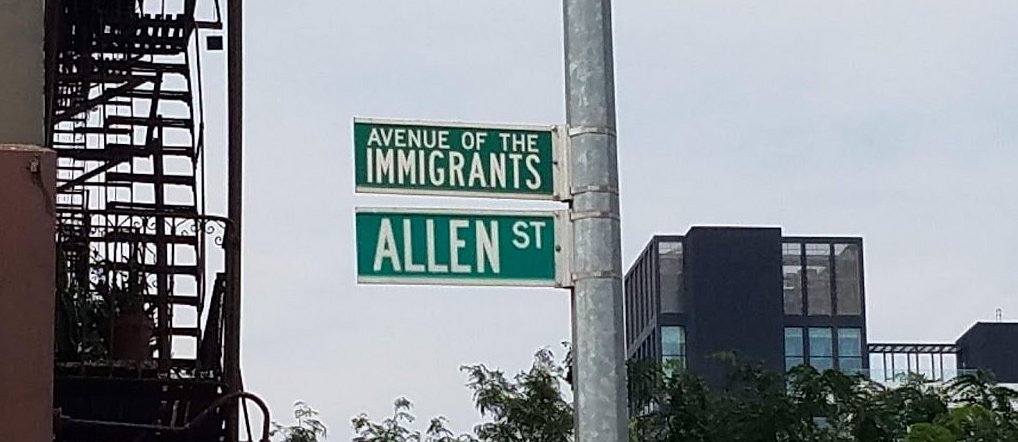
Trump plans transfer of thousands of migrants to Gitmo
President Donald Trump’s administration plans to increase the number of undocumented migrants being transferred to the US Naval facility at Guantánamo Bay, Cuba, according to government documents obtained by the Washington Post. The documents state that 9,000 undocumented immigrants are currently being vetted for transfer to Guantánamo, with the first transfers to begin this week. (Photo: Spc. Cody Black/WikiMedia via Jurist)




